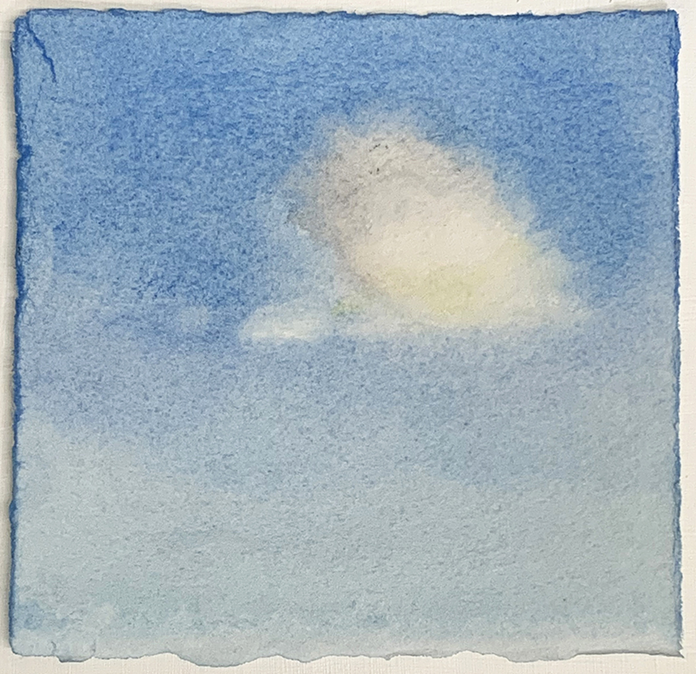 Jean Wilkey
Jean Wilkey
Where is Hannan Hashemi?*
by SANDRA LYNN HUTCHISON
Over the decades, I’ve grown accustomed to twentysomethings dropping out in the middle or even at the end of the English courses I teach. Sometimes they tell me why, but more often than not, they simply vanish into their dorm rooms or quietly make their way home to their parents. I’m used to students dropping out at the last minute, but never — not in all the years I have been teaching — have I had a student who didn’t finish a course because she had been arrested.
For me, Hannan Hashemi is a first, even among the students enrolled in the classes I teach through the Bahá’í Institute of Higher Education (the BIHE), an unofficial online university that offers courses to students who are barred from attending public universities in the Islamic Republic of Iran because they are members of the Bahá’í Faith, a religion whose central teaching is the unity of all religions and peoples.
Founded in 1987, the BIHE is tangible evidence of the stance the Bahá’í community of Iran has consistently taken in response to its ongoing persecution by the Islamic Republic of Iran: namely, “constructive resilience,” which simply means that the Bahá’í community looks for ways to carry on in the face of impossible odds, to find constructive ways to live in and also to contribute to the progress of a country whose government is committed to destroying it — by razing homes, confiscating businesses, banning meetings for worship or administration, and by arresting and imprisoning its citizens.
Which brings me back to my question: where is Hannan Hashemi? Since she was arrested, there has been no news. We do not know where she has been taken, or even the nature of the charges. Hannan — the young woman with long curly brown hair and glasses who was one of the best writers in my class. Hannan — the student who wrote about her surprise and joy on seeing her newborn sister for the first time: “She was smaller than I thought. Her head was the size of an orange and she was staring at me gently with her black eyes.”
Hannan — the student who wrote in such vivid detail about her uncle’s house that I felt I had been transported there:
In one of the old and crowded neighborhoods of Shiraz, my uncle had a big old house with magnificent oriental architecture. As its entrance was a wide garden with three enormous orange trees. To the right lay a small trapezoidal blue pond and to the left hung a rusty yellow swing surrounded by jasmine bushes.
Hannan — the one who, when asked what she wanted to study in future, answered: “In Iran, Bahá’ís can’t plan for the future.”
After Hannan was arrested, I reread the essays she had written for my class, looking for a clue. How could this have happened to her? I wanted to know. And sure enough, I did find a clue. In an essay entitled “The Blue Prayer Book,” Hannan had written about the time the police ransacked her parents’ home and arrested her father. After the police left, eight-year-old Hannan had managed to find her beloved blue prayer book beneath the papers the police had scattered across the floor. She took it as a sign, a good one, that her father would return, and, sure enough, he did — emaciated, with his head shaved, and bearing the marks of torture.
Yes, Hannan had seen all this before. It had happened to her father; now it was happening to her. Still could any experience have prepared Hannan for her arrest?
Hannan, I want you to know: wherever you are, I am thinking of you. I am waiting for you to write your final essay for my course. And I ask those who are detaining you to try, just try, to see you as I do: as a fresh-faced young woman with curly brown hair and glasses, someone who wants peace between all religions and races, someone who deserves the chance to have a future.
*This article appeared in The Toronto Star on August 5, 2022

